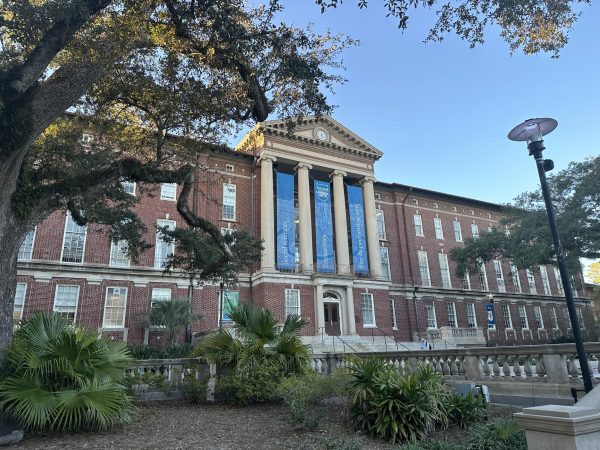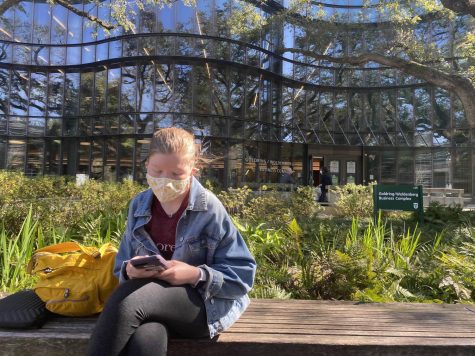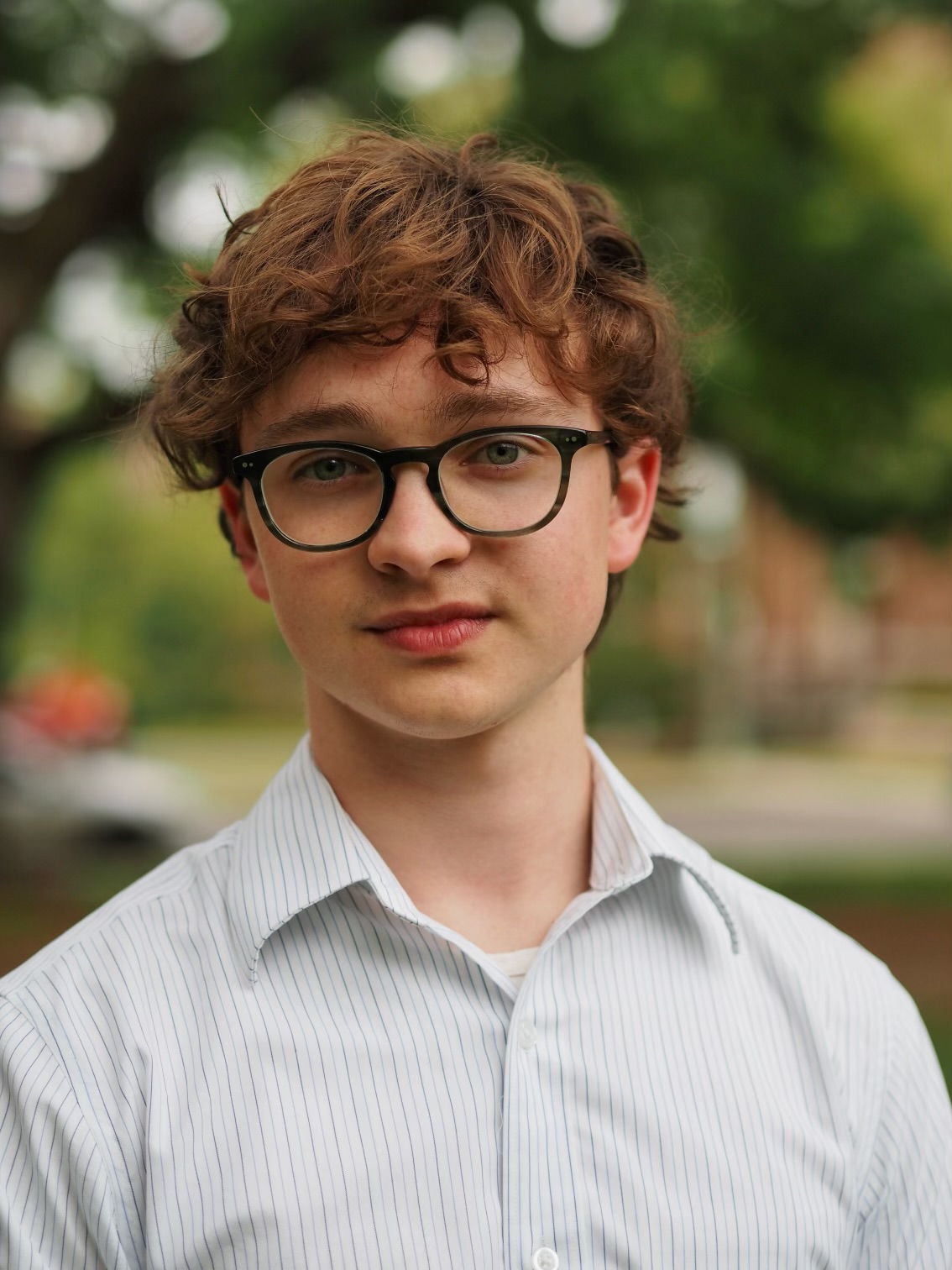National donors must stay out of local school board elections
October 19, 2016
This is an opinion article and does not necessarily reflect the views of The Tulane Hullabaloo.
During election cycles, voters hear debates about campaign finances and how wealthy donors impact campaigns. Most of the attention on campaign finance laws focuses on national elections, but they also play a role in local elections. Specifically, a great deal of campaign funding is donated to campaigns for school board elections. National donors contributing to these smaller-scale elections might appear to be generous; this is, however, very controversial and should be avoided.
On Monday, Oct. 3, the Political Science department at Tulane hosted a lecture on campaign funding in school board elections led by Assistant Professor at Michigan State University Sarah Reckhow. Through her research, Reckhow examined how five cities over three election cycles have had local elections greatly impacted by national donors. She found that campaigns in election cycles since 2012 have received more funding than those in earlier cycles.
Instead of hundreds of thousands of dollars, donors are now funneling millions of dollars into school board candidate campaigns. The increase in donations could be because national donors have had opportunities to catch on to a new trend. It could also be that the Supreme Court decision in Citizens United v. Federal Election Commission, which allowed for less restrictive campaign finance laws, has permitted individuals to contribute more.
Another interesting aspect of Reckhow’s research is the focus on the formation of donor networks among national donors. These networks can form for a variety of reasons. Donors might be giving to the same candidates or could simply have similar political ideologies. Geographic proximity is also a contributing factor. These national donor networks can compete with unions or face no competition at all. This means they could have more influence than locally affiliated teachers’ unions.
It is already worrisome that political elites, corporations and political action committees can donate immense sums of money to national campaigns, potentially buying candidates. With skepticism surrounding campaign finance in national elections, it is not unusual to suspect there may be ulterior motives behind funding local elections.
National donors who live outside the area of the candidate they are financing’s district should not be involved in that candidate’s school board campaign. Unless the donor is from the same city, said donor likely does not have as great of an understanding of the issues as the candidates they support. Allowing outsiders to have influence when they may not be knowledgeable of the local issues is dangerous. With the various controversies surrounding contributions in the context of national elections, donors should not be adding to the problem by reaching further than they already do.
Daniel is a junior at Newcomb-Tulane College. He can be reached at [email protected].






















Leave a Comment